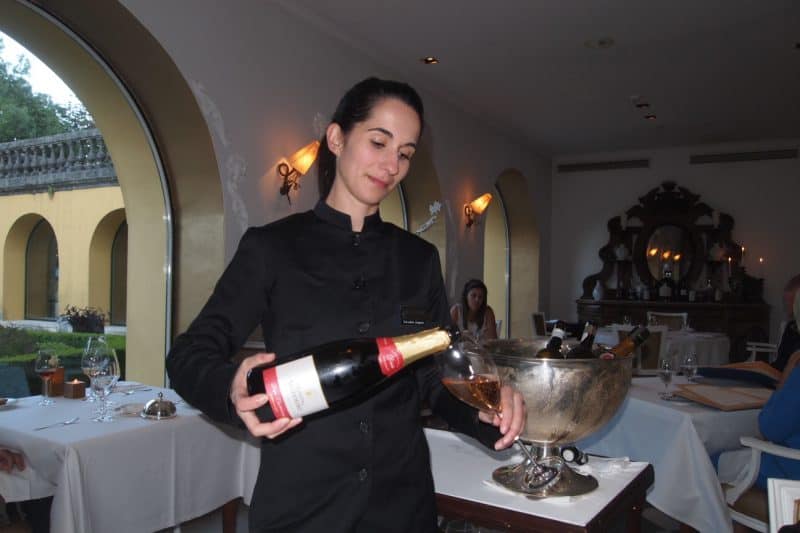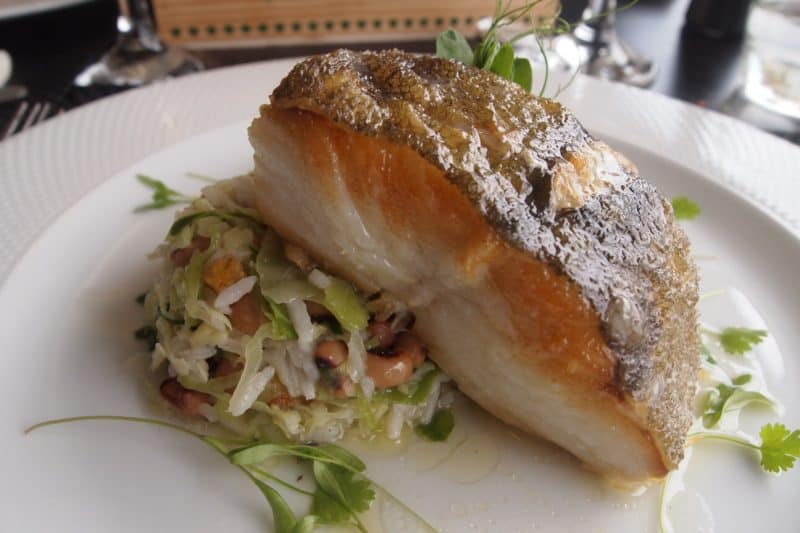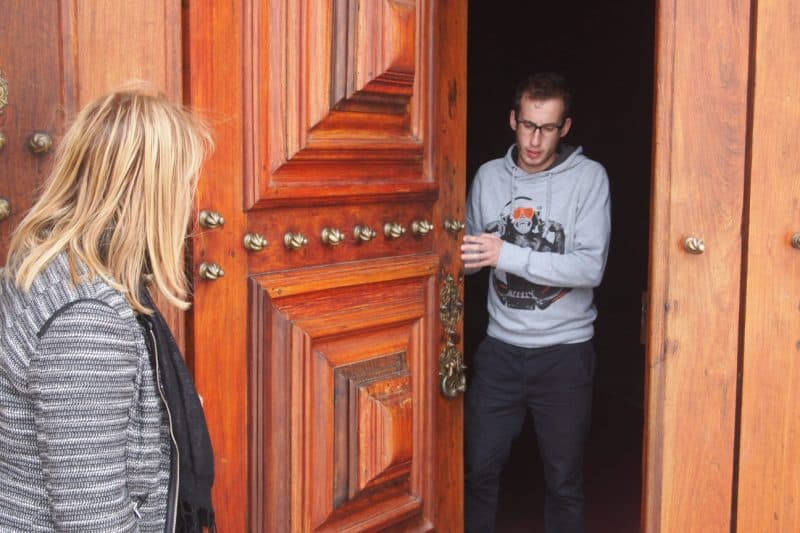What do Things Cost in Coimbra, Portugal?

I joined our guide Paulo and Gilberto, the manager of the Hotel Quinta das Lagrimas here in Coimbra for dinner last night in the very ornate formal dining room of their Arcadas restaurant. There, as courses were paired with local wines, I asked them about how much things cost in Portugal and how they thought the economy was doing. That’s one topic that is freely discussed with foreigners here and the general tone is that things are terrible–but they used to be even worse.

Young people who started out in the job market are being given either one-month or six-month renewable contracts. In most cases, you are renewed, but this adds a level of stress that easily explains the country’s having the lowest birthrate among developing nations. Who would be confident to start a family when you’re still living at home? Our tour guide at the museum had been laid off but hoped to get hired back on another contract. She was basically working for free while she showed us the museum.
The average wage in Portugal is about $12,000 per year. A tour guide told me that it’s common to see companies offering openings for recent college graduates offering 500e per month! The minimum wage here is 400e a month, in Spain, it’s 1000e. Gas sells for around E1.50 per liter, which translates to just under 7.50e a gallon, a lot less than the 7.75e you find in France and $8.50 in the UK. For a decent two-bedroom apartment in Porto, the big city in the north, it’s around $350. Here in Coimbra though, with so many students you can expect to pay 500e.
You can get a nice lunch with three courses for 12-15 euros. A dessert, a coffee, or a beer usually costs e1. We saw many places where soup was just 1.25e and one place where a shot and a beer cost 1.50e.

Our meal at the high-end restaurant enjoying the menu Pedro and Ines was e70 per person and a five-wine selection served with dinner was e15.
The unemployment rate here is 16.5 percent, so many of the graduates of Coimbra university may have to follow their brethren by seeking work in Brazil, UK, or even in Angola. We met a woman in Lisbon whose husband works in Angola and there is very little hope he will get a similar job in Lisbon. She might move there someday.
Despite the gloomy outlook, people in Portugal enjoy life and take time to take it easy. Nobody surfs the web in cafes or works on the weekends unless they’re in tourism. Find out the incredible Joanine Library in Coimbra.
